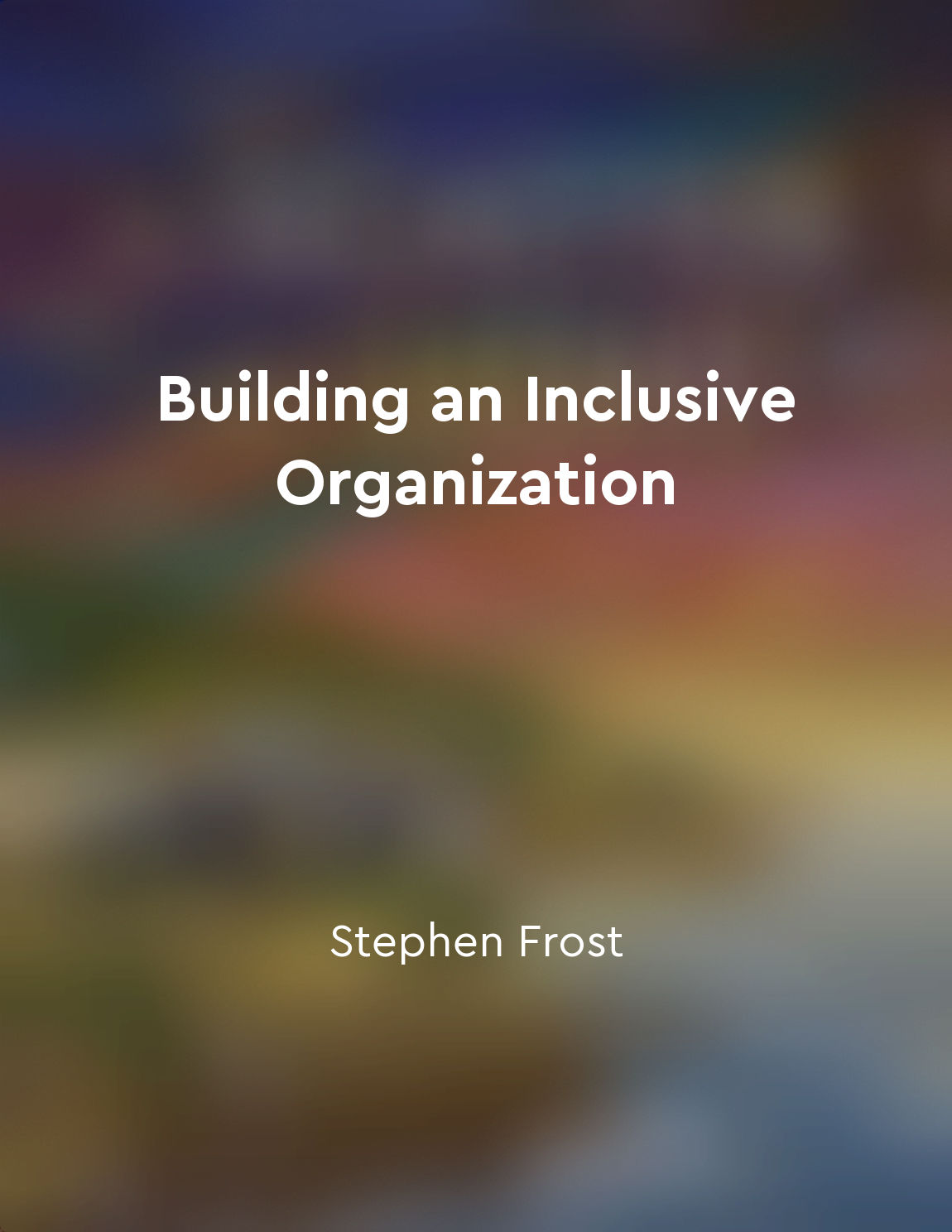Employers impose restrictions on employees' freedom of speech from "summary" of Private Government by Elizabeth Anderson
In the workplace, employers wield significant power over their employees. This power dynamic is akin to that of a private government, where employers can dictate certain aspects of their employees' lives. One major area where this control is evident is in the restriction of employees' freedom of speech. Employers often impose restrictions on what employees can say, both within and outside the workplace. This can include prohibiting employees from speaking out against the company, its policies, or its practices. Employees may fear retribution or even losing their job if they speak up about issues they see within the organization. Furthermore, employers may monitor employees' communications, both online and offline, to ensure that they are not saying anything that could be detrimental to the company's reputation. This constant surveillance can create a culture of fear and self-censorship among employees, stifling open communication and debate within the organization. Employees may also face repercussions for speaking out on social media or in other public forums, even if they are not explicitly representing the company in their statements. Employers argue that such restrictions are necessary to protect the company's interests, but this can infringe on employees' rights to free speech and expression. In essence, employees are subject to a form of private governance in the workplace, where their freedoms are curtailed in the name of maintaining order and protecting the interests of the employer. This power dynamic can create a sense of imbalance and injustice, where employees feel that their voices are being silenced and their autonomy undermined.- The restrictions that employers impose on employees' freedom of speech highlight the authoritarian nature of many workplaces and the need for greater protections for workers' rights. Without these protections, employees may continue to be subject to the whims of their employers, with little recourse for challenging unjust restrictions on their freedom of expression.
Similar Posts
Embrace failure as a stepping stone to success
Failure is a word that often scares people. It's seen as a negative thing, something to be avoided at all costs. But what if I ...
Contextual factors influence how we interpret messages
Contextual factors play a significant role in shaping how we understand and interpret messages in communication. These factors ...
Emphasize the importance of worklife boundaries
When it comes to creating a healthy work environment, one of the most crucial aspects to consider is the boundaries between wor...
Create a supportive environment
Creating a supportive environment is crucial for fostering positive relationships and promoting well-being. This means setting ...
Lead with empathy, compassion, and authenticity
Leading with empathy, compassion, and authenticity is at the core of effective leadership. By showing empathy, you demonstrate ...
Labor rights are human rights
Labor rights are human rights. In the early days of the industrial revolution, workers were often treated as nothing more than ...
Lead with humility and authenticity
Leading with humility and authenticity is a powerful yet often overlooked concept in the realm of leadership. It requires a lea...

Lead by example in building an inclusive organization
Leading by example in building an inclusive organization is not merely a suggestion; it is a critical component of success. As ...

Competition drives innovation
Competition is a driving force behind innovation in a capitalist society. When individuals and businesses are competing against...
Idea: Public opinion influences social change
In examining the relationship between public opinion and social change, it becomes evident that the former plays a crucial role...

